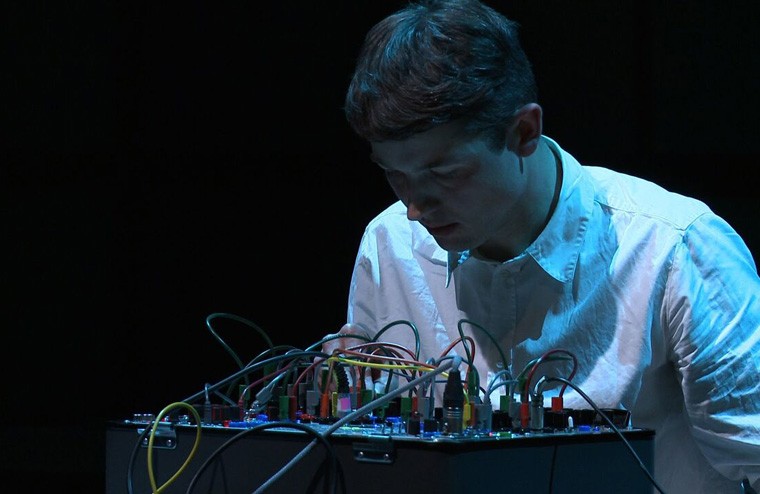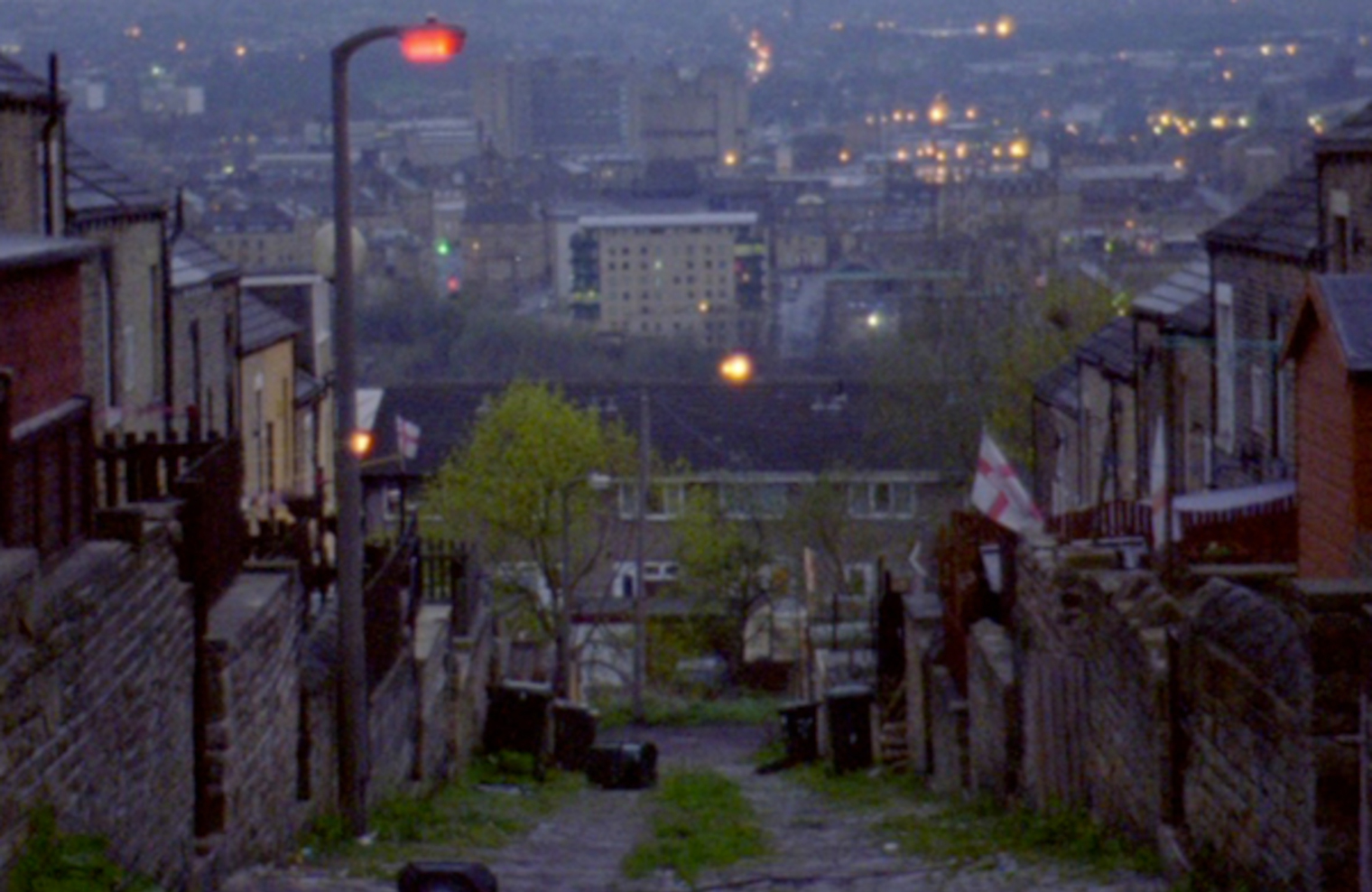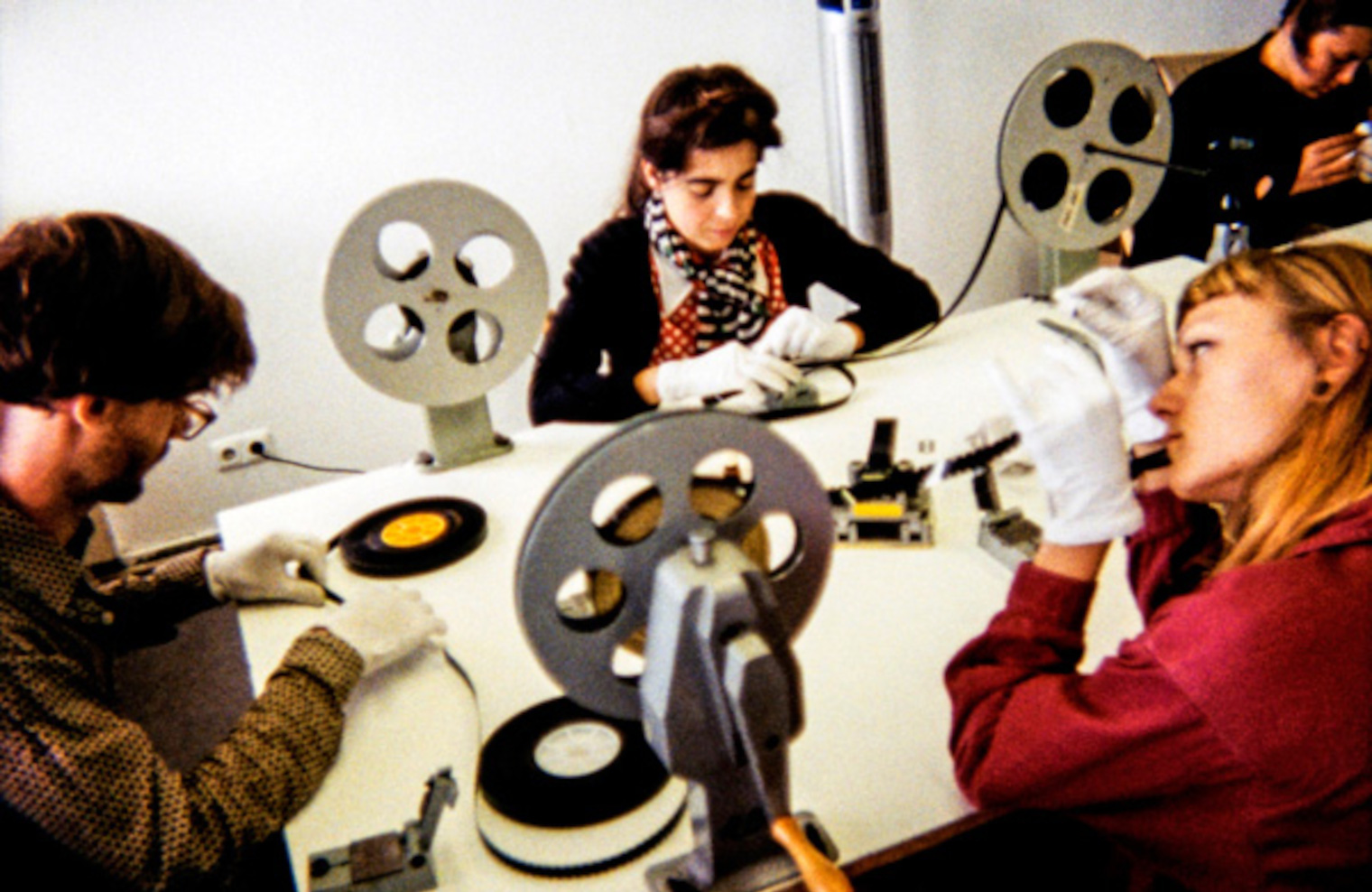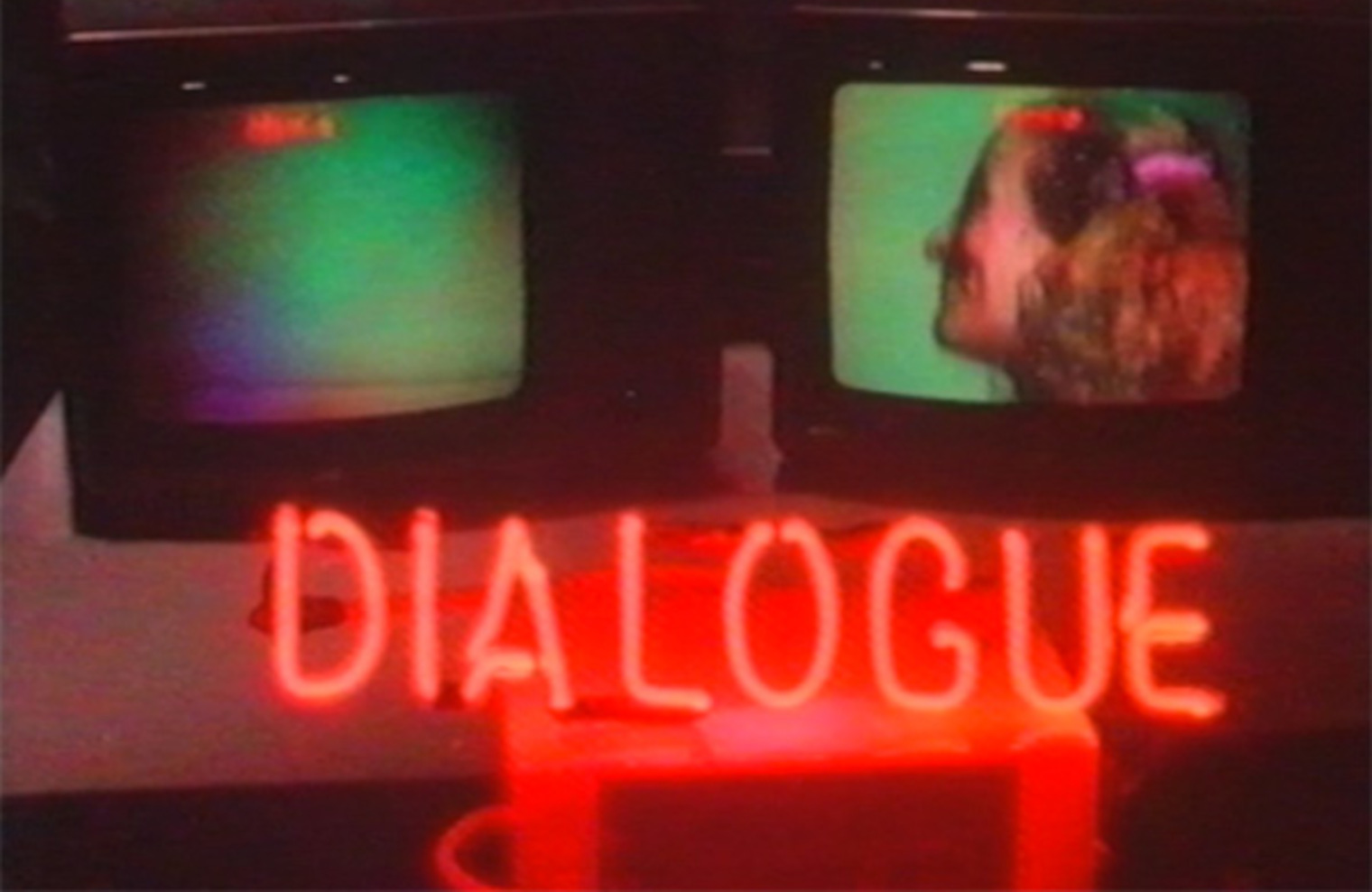Artist in focus: Luke Fowler
Over the past 15 years, British artist, filmmaker and musician Luke Fowler has developed a practice that is, at the same time, singular and collaborative, poetic and political, structural and documentary, archival and deeply human. With an emphasis on communities of people, outward thinkers and the history of the left, his 16mm films tell the stories of alternative movements in Britain, from psychiatry to photography to music to education. Working with archival materials, his own 16mm footage, and sound recordings made in collaboration with sound artists such as Lee Patterson and Eric La Casa, Fowler has constructed complex portraits of psychiatrist R.D. Laing, experimental composer Cornelius Cardew, Marxist historian E.P. Thompson and reclusive environmentalist Bogman Palmjaguar. Whilst some of his early films – such as Pilgrimage from Scattered Points (2006) – dealt with music and musicians as subjects, in later works, most notably A Grammar for Listening (2009), sound itself becomes a key concern. Sound as process but also sound as a possibility for approaching filmmaking practice from a more acknowledged collective position. For Fowler’s work, the social and artistic relationship with an individual, and how such a relationship is built up into a collaboration, are essential, and his two longer works in this Artist in Focus programme are particularly representative of this. To the Editor of Amateur Photographer (2014), made with Mark Fell, includes a series of portraits shot by artist Margaret Salmon and sequences of photographs animated by Leeds Animation Workshop. The Poor Stockinger, The Luddite Cropper and The Deluded Followers of Joanna Southcott (2012) is the result of a collaboration with American filmmaker Peter Hutton, artist Cerith Wyn Evans and curators William Rose and George Clark. Oscillating between a tradition that reaches back to filmmakers such as Gregory Markopoulos, Warren Sonbert and Robert Beavers – on whom P. Adams Sitney has written the filmmaker is “a hands craftsman, focusing the lens, pushing a filter across the plane of vision, making a splice” – and a collaborative, almost communal approach to artistic creation, Fowler’s own influences draw equally from experimental music, British Free cinema and American avant-garde film. An active member of Glasgow’s music and arts community, his curated screening includes work by other artists based in that city (Duncan Campbell, Charlotte Prodger, Stephen Sutcliffe) and provides insight into his network of collaborations and influences.
This Artist in Focus programme is far from a complete survey, instead it proposes to look at the different aspects of Fowler’s practice, both in film and music. The sum of many editions of the Courtisane Festival which have featured his work, including a Ghent iteration of his collaborative performance Draw a Line (with Lee Patterson, 2009) could be seen as chapters in a long, slow retrospective which finally crystallizes in 2016.
Luke Fowler (°1978, Glasgow) studied printmaking at the Duncan of Jordanstone College of Art in Dundee. His films have been presented widely, with recent screenings at Harvard Film Archive, MoMA and La Casa Encendida and international film festivals such as London, Rotterdam and Berlin. Recent solo exhibitions include The Poor Stockinger, the Luddite Cropper and the deluded followers of Joanna Southcott, The Hepworth, Wakefield (in association with Contemporary Art Society, Film and Video Umbrella and Wolverhampton Art Gallery) and Luke Fowler with Toshiya Tsunoda and John Haynes, Inverleith House, Edinburgh (2012) for which he was nominated for the 2012 Turner Prize. In 2008 he received the inaugural Derek Jarman Award.



